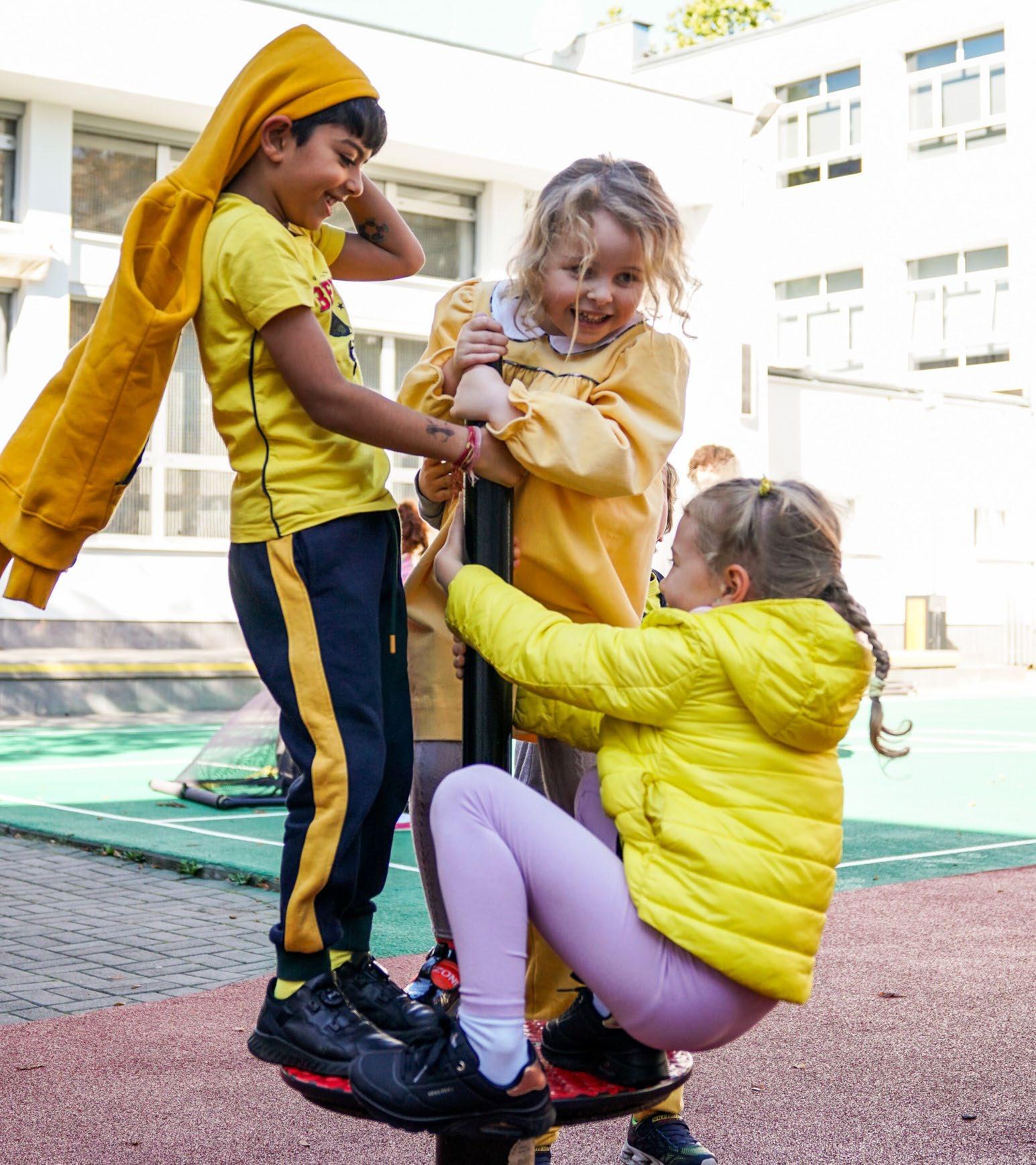
FUTURE THINKING STARTS TODAY



FUTURE THINKING STARTS TODAY

Dear Colleagues,
First, can I thank everyone who has contributed to the Project 2040 discussions over the last six months. These discussions have yielded a wide range of issues, suggestions and ideas, all of which merit consideration and many of which we will be able to put into action over the coming months and years.
Rather than commit ideas now to a three-year plan, as I was suggesting in January, it seems more sensible and practical to focus on the forthcoming school year (2025 – 2026) during which time we can have further discussions to finesse plans for 2026-27 and 2027-28.
In this document, I have set out the key priorities for each of the next three school terms, under the headings of staff, students and school vision. All of these priorities have come from the discussions that we held back in early January as well as subsequent follow-up meetings and filtering processes. The idea is that when we gather for the beginning of each of the next three terms, we can remind ourselves of the three key priorities for that particular term and discuss how we can implement them in the Early Years, Primary, Middle and Upper schools. This will give us a clear framework for progress and the development of ideas.
Brilliant Basics and Building Trust have emerged as useful guiding principles as we move forward together in our futures thinking next year. We will explore what these principles mean for us in practice when we return to school next term, and you may want to reflect on these over the summer break.
Please do keep in mind what Project 2040 is all about. As a team of educators, we are trying to anticipate the needs of our current pre-Nursery pupils as they make their way through the school up to the point of their graduation in the summer of 2040! During that time frame, technology, the world of work, modern thinking and the geo-political landscape will change beyond all recognition. Our challenge is to do all we can to provide them with the skills, attitudes and capacities they will need to thrive and be happy in that changing environment.
Our pre-Nursery children are about to move into Nursery!
Thank you.
With best wishes.
John.



• New Social Committee to plan regular informal gatherings and appreciation events: Introduce optional well-being afternoons or wellness challenges.
• Work towards aligning timetables across all school phases to improve staff collaboration and reduce workload pressure: This is an opportunity for us to address the pinch-points in our current timetable and to streamline our school day for staff and students alike.
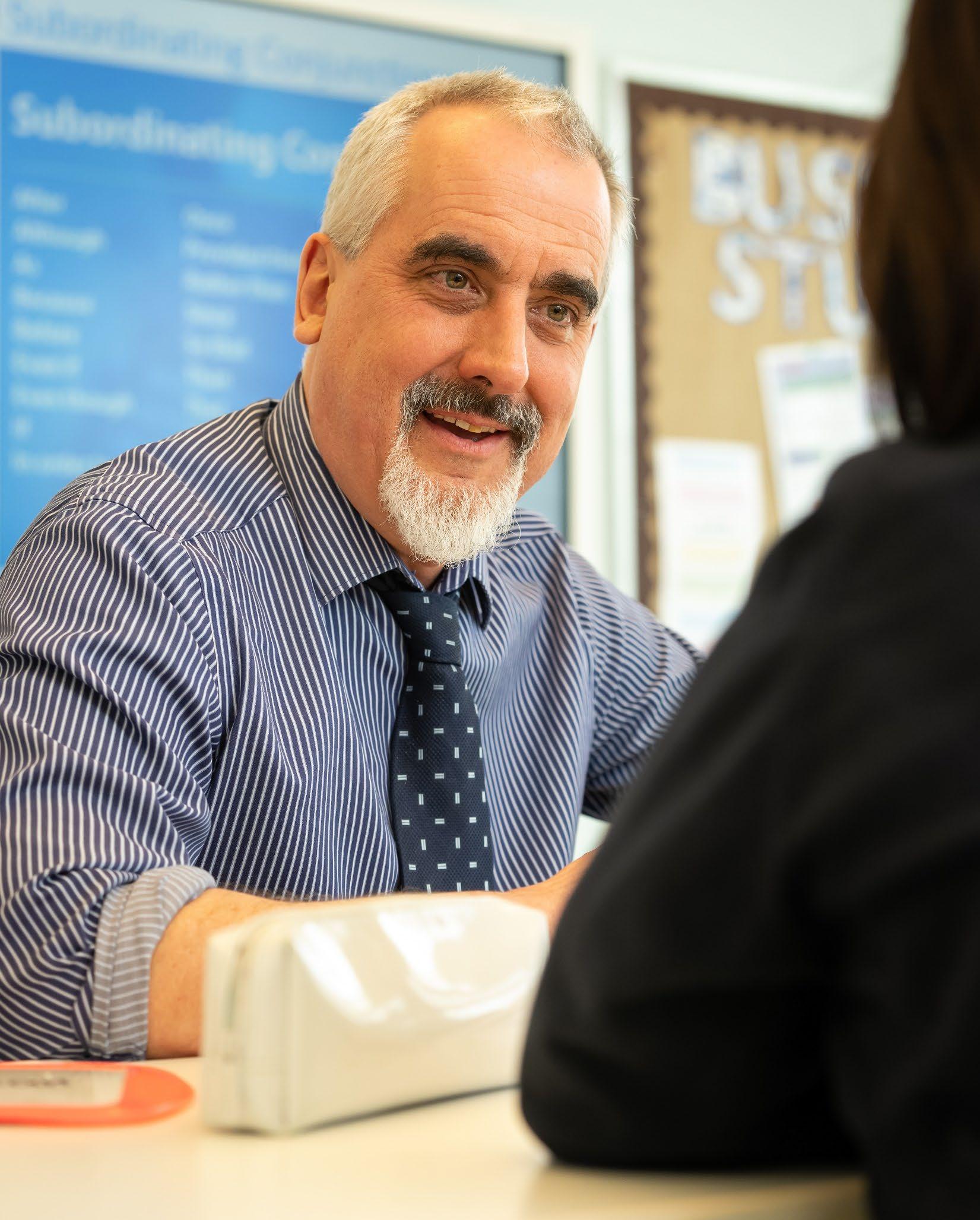
• Timely communication: Commit to timely and transparent communication by ensuring key information such as meeting schedules, events, and development plans is shared in advance wherever possible. When last-minute changes are unavoidable, provide clear explanations to maintain trust and clarity. Model concise, purposeful communication across all platforms to respect staff time and keep messaging focused and relevant.
• Action Plan Sharing: The Senior Leadership Team (SLT) will share a tailored action plan with staff based on findings from the Employee Engagement Survey (EES) and with parents based on the Family Experience Indicator (FXI). All stakeholders will be updated on the resulting changes implemented across the school.
• Inclusion of Teaching Assistants: Teaching Assistants (TAs) will be invited to regular staff meetings or dedicated sessions with the leadership team, ensuring they are fully informed and involved in school developments.

• Relaunch the house system across the whole school: Awarding house points with clear links to values; plan half-termly house events and ensure student house captains are created for each section of the school.
• Recognise a wide range of student achievements beyond academics: including sporting success, dance, music, kindness, creativity, and perseverance. Promote these achievements on social media to highlight the whole-child approach. In school, create a dedicated celebration board to display successes, and for younger children, introduce a certificate system to celebrate contributions in an ageappropriate and visible way.
• Review and update the uniform policy through student and parent consultation: involve student leaders in promoting pride in uniform.
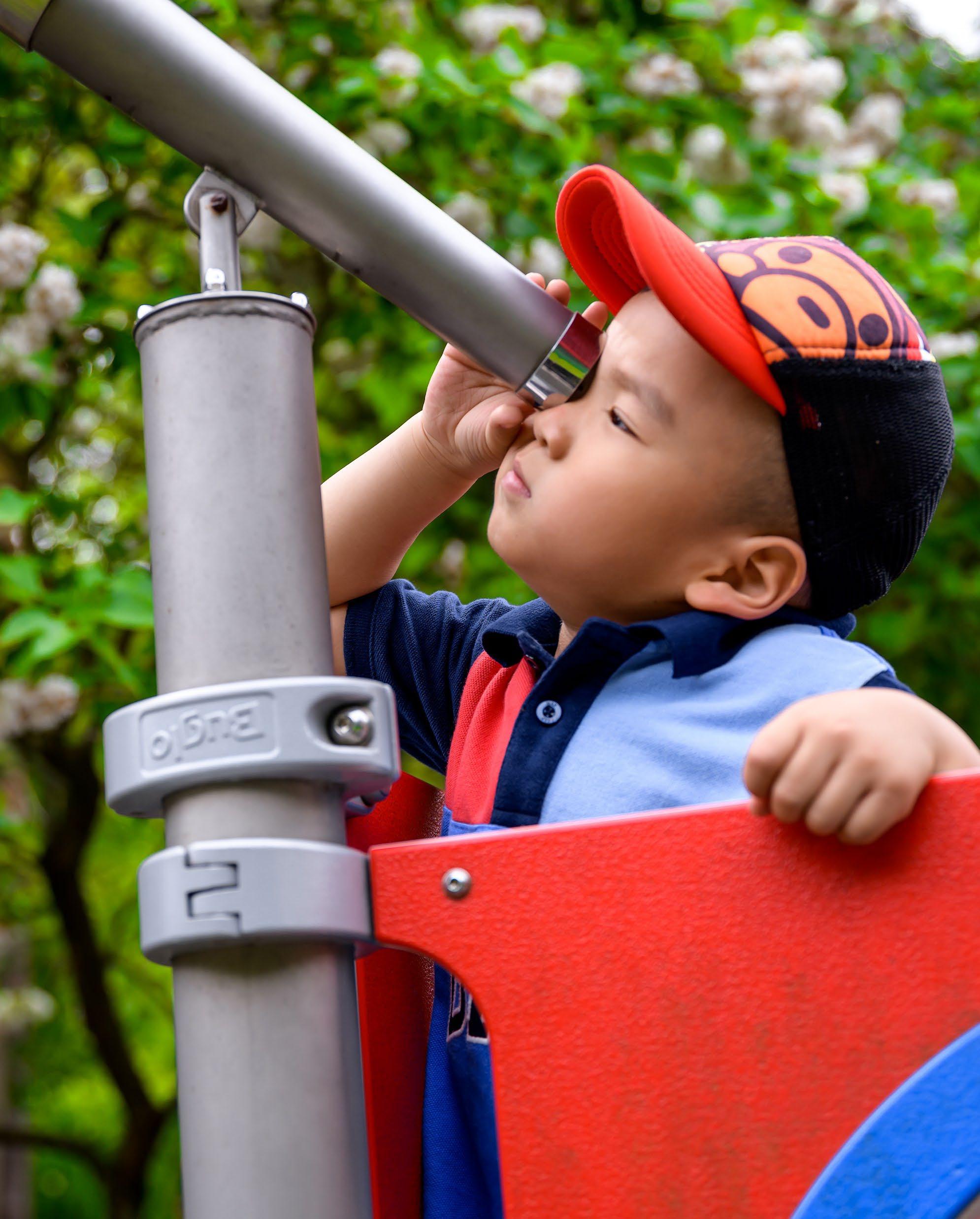
• Focus on respect and responsible citizens: Embed the values of respect and responsibility through age-appropriate approaches across all phases from simple acts of kindness and turn-taking in Early Years, to student-led initiatives and community engagement in the Middle and Upper schools. Introduce weekly circle times, story-based discussions, or assemblies tailored to each age group to explore themes like empathy, fairness, and global citizenship. Launch a “Responsibility Award” system, adapted by age, to recognise students who model respectful behaviour and take initiative whether that’s helping a friend, caring for resources, leading a project, or mentoring younger peers. These actions can be linked to CAS for older students and celebrated across the school community.
• Initiate mobile phone consultation process. Create a working group including students, staff, and parents to explore and update the mobile phone policy with clarity and consistency.
SPRING TERM 2026


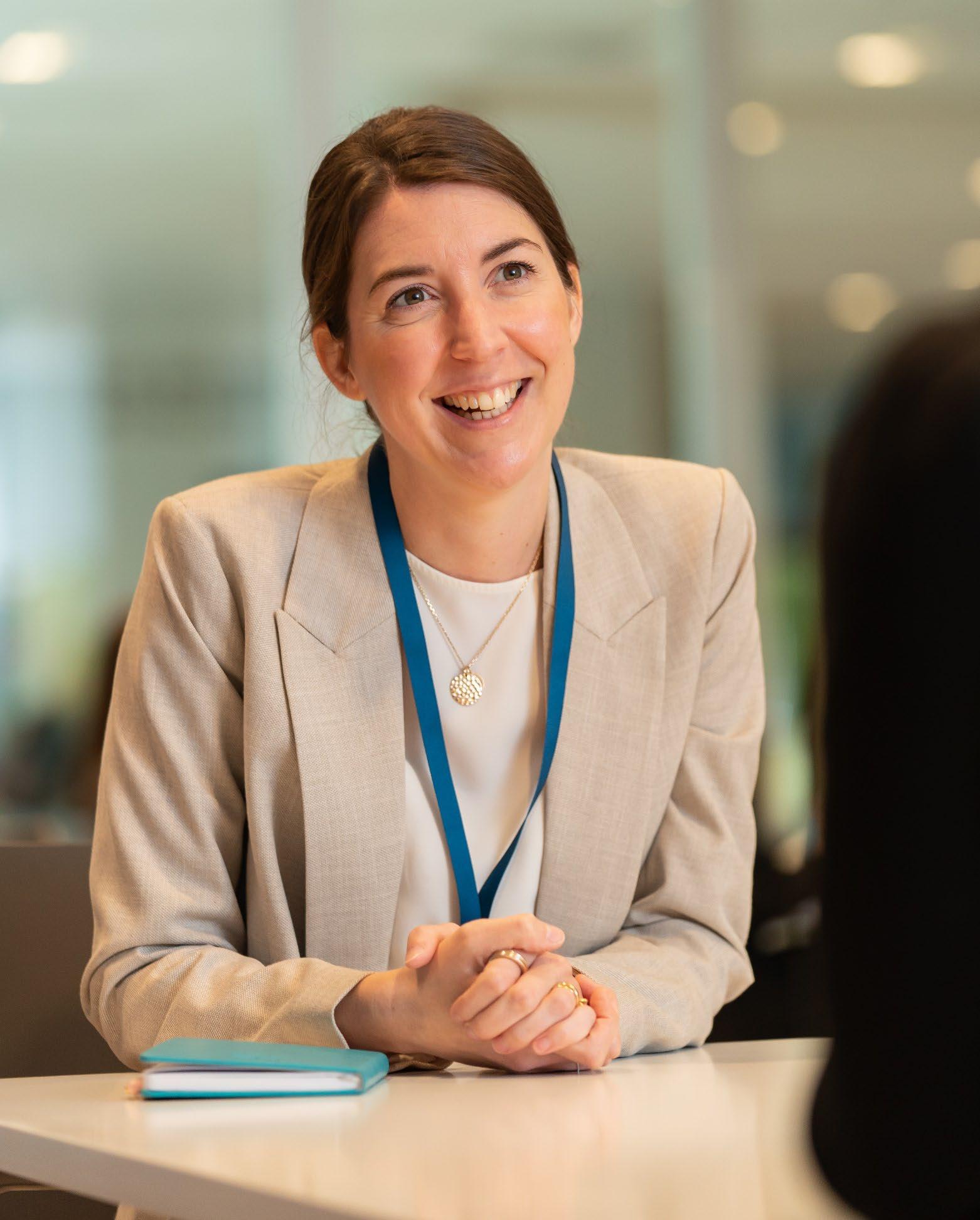
• Staff voice: A staff representative will be appointed for each section of the school to ensure consistent and open dialogue between staff and the SLT.
• Anonymous Feedback: An anonymous feedback system will be introduced, providing all staff with a confidential channel to share thoughts and suggestions.
• Peer to peer drop-ins: Introduce a non-judgemental “open classroom” rota where staff observe and learn from one another, followed by optional reflective discussions. Primary and EYFS already engage in this through coaching pairs (Primary) and coaching teams (EYFS), so this could be developed further as a cross-school initiative to promote collaboration and shared best practice across departments.

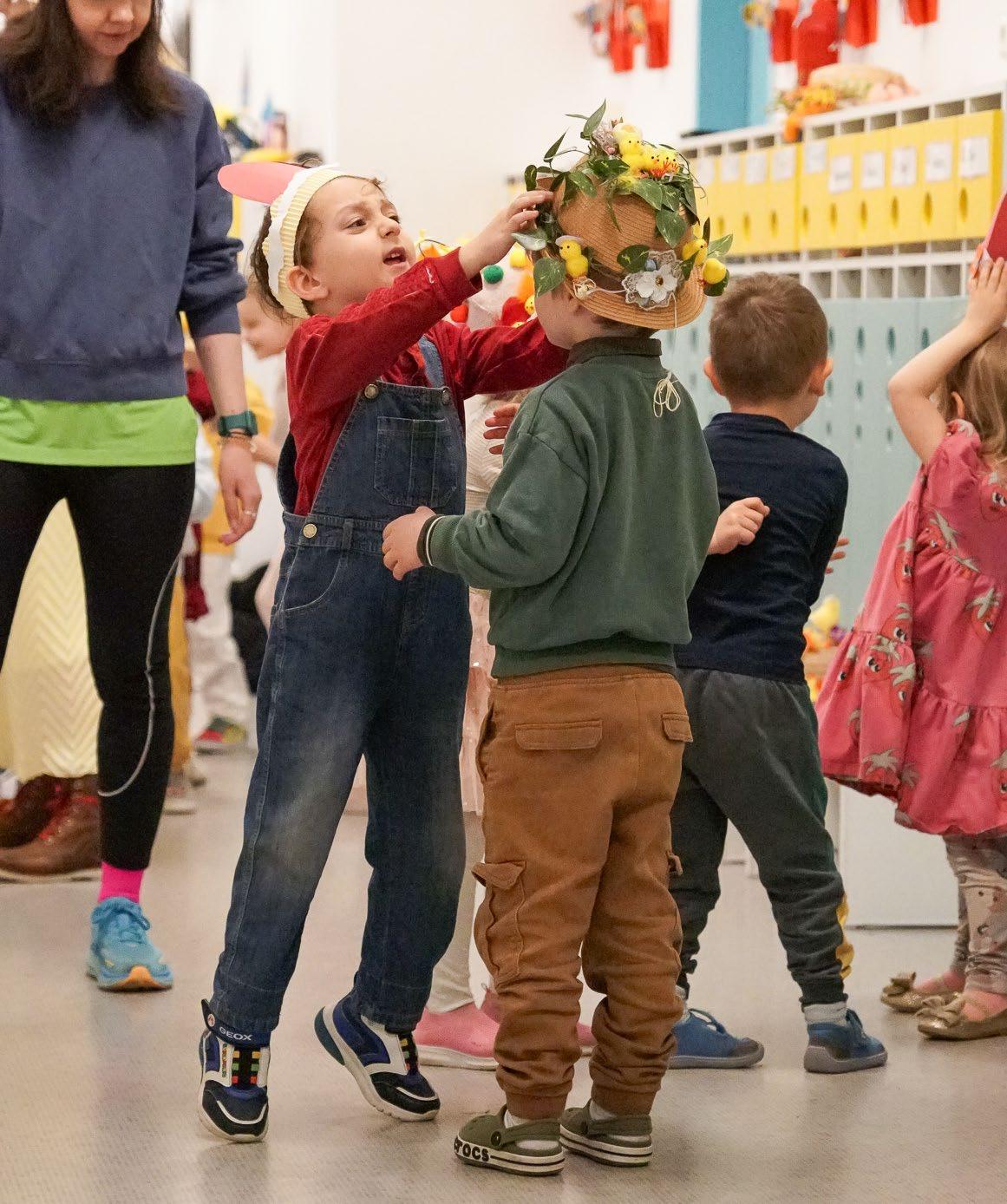
• Expanded Student Council: The existing primary school council will be developed to include representation from each section of the school, ensuring all students have a platform to share their views
• Student-Led Proposals: The student council will be supported in creating formal proposals and action plans, allowing students to contribute meaningfully to school improvement and decision-making.
• Buddy System: A peer buddy system will be introduced to help new students settle in socially and academically from day one.
• Welcome Pack: All new joiners will receive a “New Starter Welcome Pack” with key information to support a smooth transition into school life.
• Staff Mentorship: Each new student will be assigned a staff mentor who will check in regularly during the first few weeks to ensure they feel supported and informed.

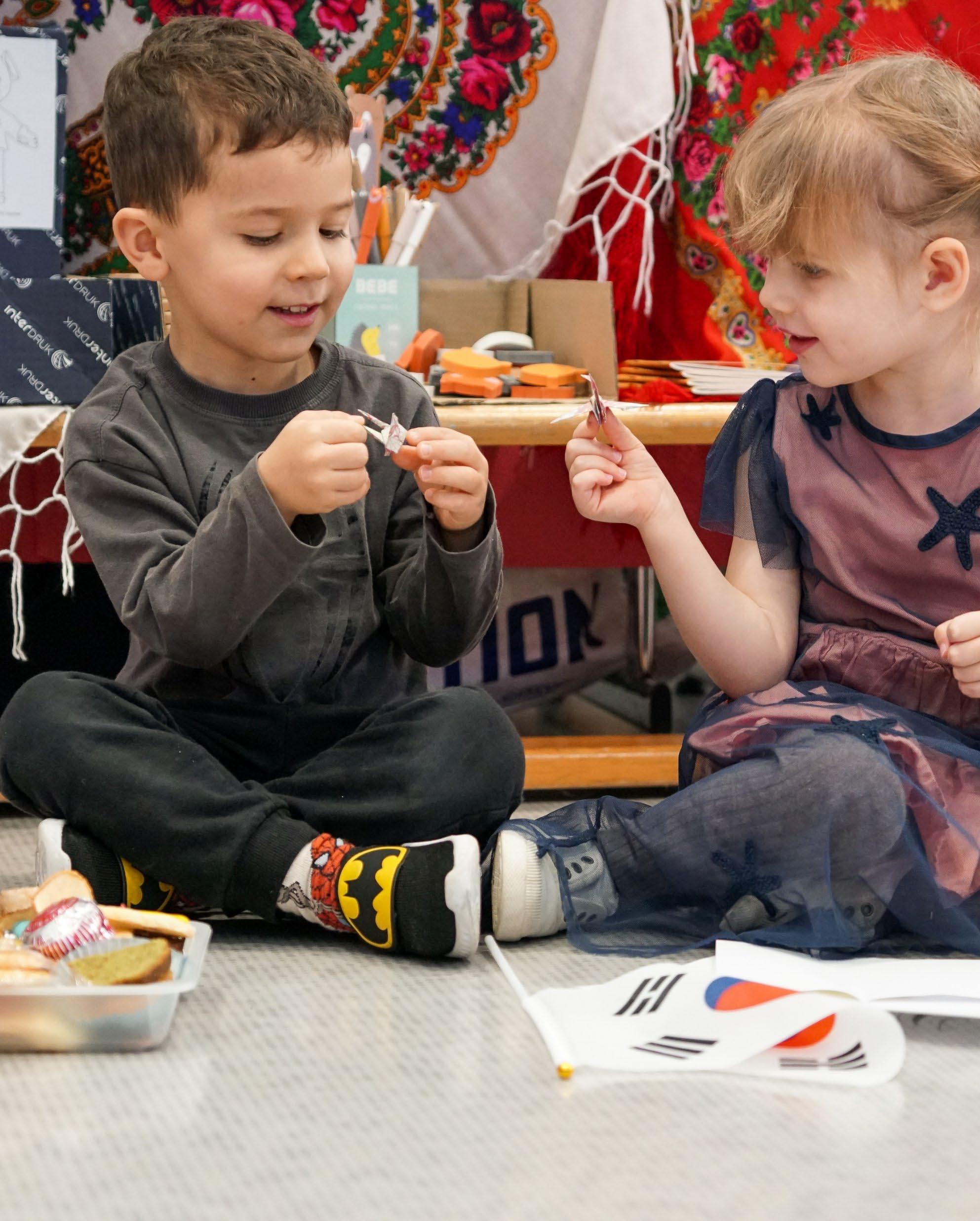
• Plan termly cultural celebration days or weeks, involving parents and community members: displaying multilingual signage and literature. Build on successful past examples, such as EYFS children decorating lanterns for Lunar New Year, by adapting similar creative activities for other festivals. Involve older students by inviting them to present or lead short sessions for younger children, sharing how they celebrate different festivals to promote intercultural understanding and connection across the school.
• Cross-Phase Partnerships: Introduce buddy reading and mentoring opportunities between different age groups to build relationships and strengthen the school community.
• Collaborative Projects: Organise joint projects across year groups to encourage teamwork, shared learning, and a sense of unity across the school.
SUMMER TERM 2026


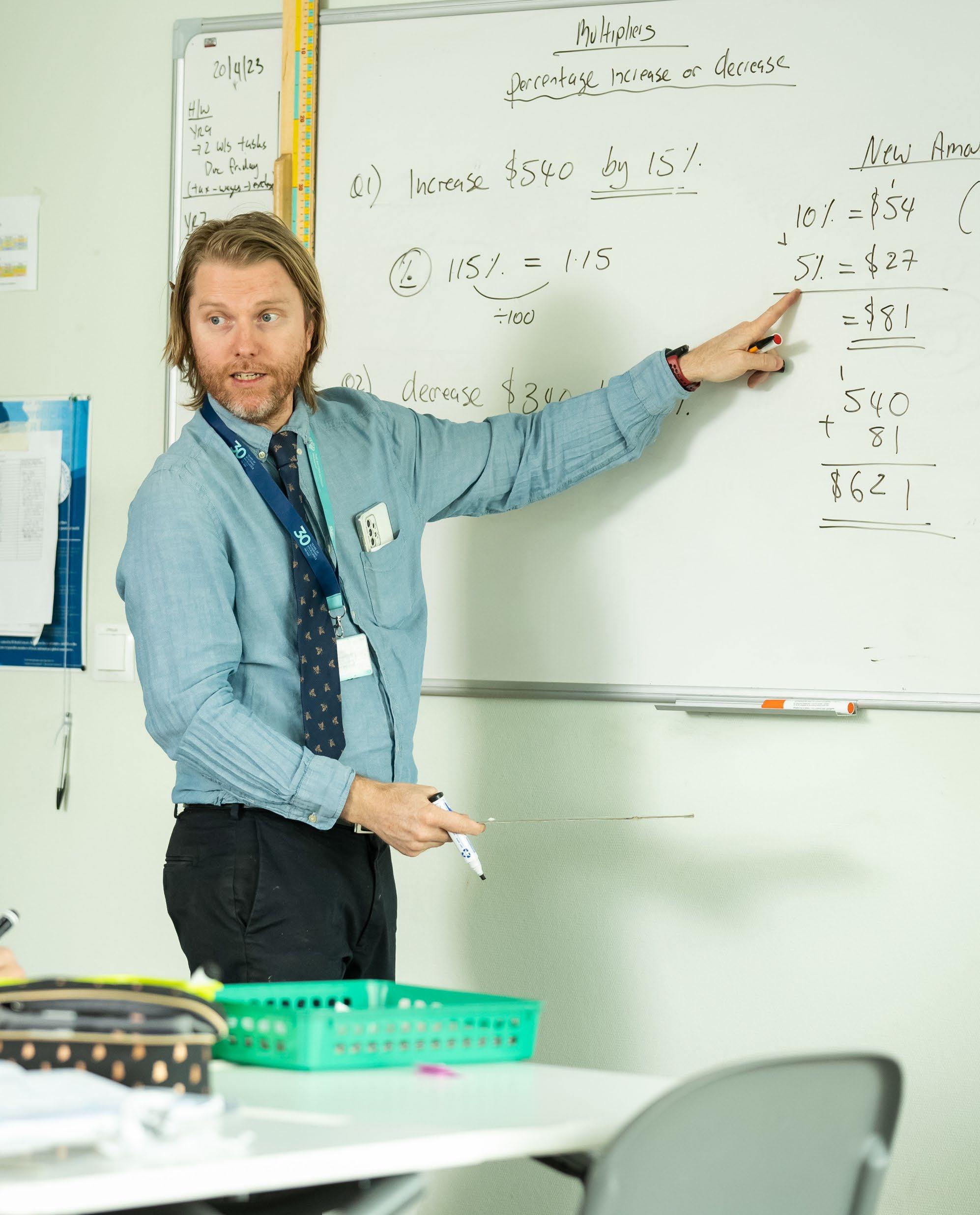
• Launch an informal recognition board or “thank you cards” scheme in the staffroom to celebrate everyday acts of kindness and support. Use the ABCD (Above and Beyond the Call of Duty) model to acknowledge staff who go the extra mile. Place a “shiny box” in each staffroom where colleagues can drop in nominations. At the end of each week, all names are entered into a draw and the winner receives a small prize, such as a chocolate or coffee voucher, as a simple but meaningful token of appreciation.
• Effective meetings: Ensure that meetings are efficient and necessary.


• Peer Mentoring Programme: Older students will act as mentors to support younger peers, particularly during key transition points and in preparation for the new school year. This initiative aims to build confidence, encourage responsibility, and foster a supportive school culture.
• Enhanced Transition Programme: Further development of our transition programme will be developed to identify individual needs and ensure targeted support for students who may find change challenging. Building on the developments from the 2024-25 transition, the programme will focus on preparing students emotionally, socially, and academically for the next school year.

• Open-Ended Tasks: Incorporate tasks that encourage multiple solutions and creative thinking, such as projectbased learning, design challenges, and inquiry-led investigations.
• Creative Environments: Create classroom spaces that inspire curiosity flexible seating, visual stimuli, maker materials, and designated 'imagination zones’.
• Cross-Curricular Links: Make use of the independent yet interdependent structure of the IPC by designing topics, units, or tasks that integrate multiple subject areas to promote deeper, connected learning.
• Celebrate Risk-Taking: Cultivate a culture where experimentation, original ideas, and learning from failure are valued as part of the process.
• Student Voice in Learning: Allow students to co-design aspects of their learning, from choosing topics to how they present their work, building on the choice of recording in Primary IPC curriculum.
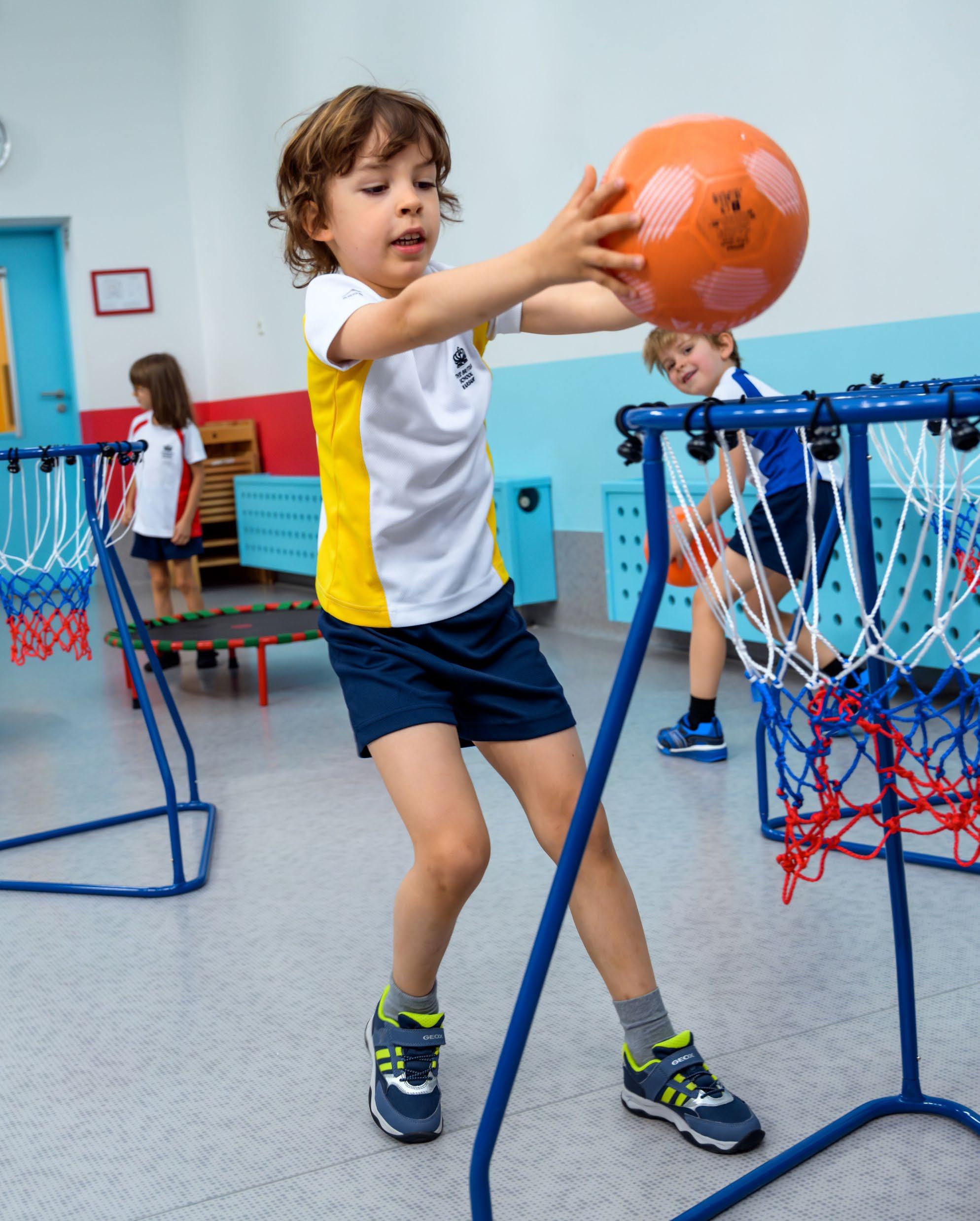
• Develop a leadership programme that empowers students to act as role models in various areas of school life: prefects, play leaders, eco-monitors, library helpers, or digital ambassadors. Establish clear expectations, offer basic leadership training, and recognise contributions with certificates, badges, or mention in assemblies and newsletters. Create opportunities for older students to support younger ones, including buddy reading or helping during events, linking with CAS by recognising these roles as meaningful service and leadership experiences that develop confidence, empathy, and responsibility.
After the summer break…
• Initial whole school meeting in August to clarify themes for the term.
• Subsequent departmental and other meetings to finesse details and align ideas.
• Further discussions with staff to finesse Project 2040 themes for 2026-2027.
(*Appendix
There were many comments and ideas raised during the discussions around the subject of staff remuneration & the Polish tax system, the possibility of housing allowances, and other staff benefits in kind. As these important matters require further discussion and investigation outside of our TBS staff group, they will be addressed separately .)
